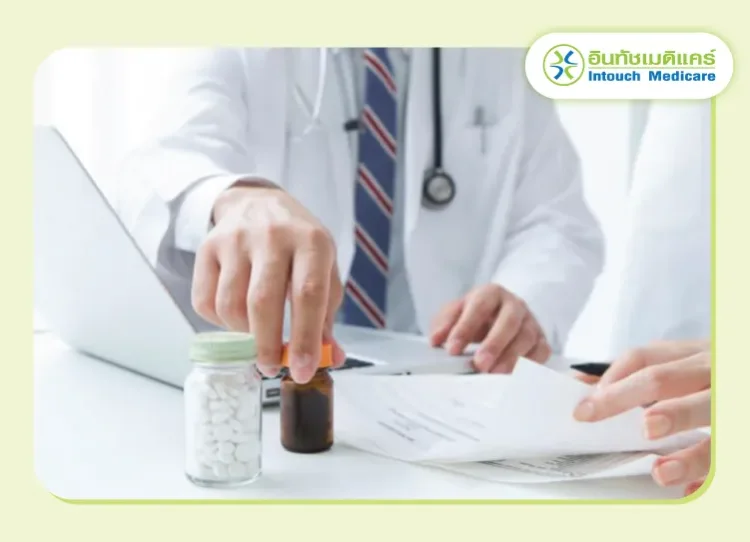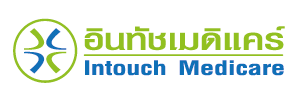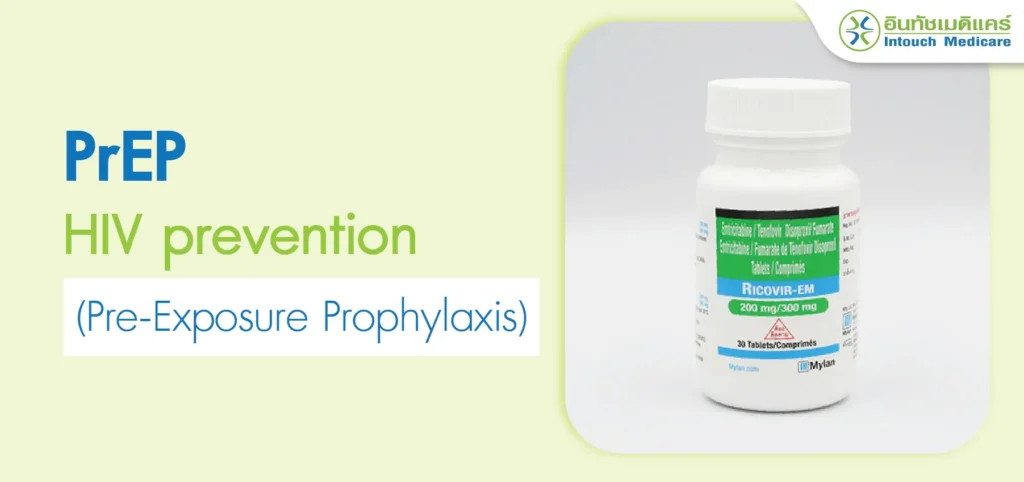Pre-Exposure Prophylaxis (PrEP) is currently a medication used to prevent HIV infection before exposure to the virus, aiming to provide individuals at risk with enhanced means of self-protection. For those with questions about PrEP, today InTouchMedCare compiles essential information covering what to know, dosing regimens, discontinuation procedures, and effectiveness in prevention to address any uncertainties.
For those who are curious about what symptoms may occur if they have already contracted the infection, You can read article ‘What happens when you get HIV?’ to learn more about. However, it’s important to note upfront that prevention is only for HIV and cannot prevent other sexually transmitted infections. The most crucial aspect is discipline: taking medication consistently on time and avoiding missed doses.
Interesting information about taking PrEP

What is PrEP (Pre-exposure prophylaxis)?
HIV PrEP (Pre-exposure prophylaxis), also known as PrEP medication, is the administration of HIV antiretroviral drugs to individuals who are not HIV-infected before engaging in high-risk behaviors to reduce the chances of infection from infected individuals. In Thailand, the medication consists of two drugs in a single pill: Tenofovir (TDF) 300 milligrams and Emtricitabine (FTC) 200 milligrams.
There are approximately 650,000 PrEP users worldwide, and it is highly popular in many countries due to its effectiveness in preventing HIV infection. However, in Thailand, there are relatively few users, estimated at only around 12,000 people, due to limited access to the medication and insufficient dissemination of information. Additionally, the cultural attitudes of Thais may deter at-risk individuals from seeking consultations.
How effective is PrEP in preventing HIV infection?
Pre-exposure prophylaxis (PrEP) is highly effective in preventing HIV infection from sexual intercourse, with an efficacy of up to 99% when taken correctly. It also demonstrates efficacy in preventing infection among people who inject drugs, estimated at around 74%.
You can check the price of PrEP medication by clicking here.

Who should take PrEP?
-
Men who have sex with men, transgender individuals, and individuals involved in sex work are at a higher risk of not using condoms consistently.
-
People who inject drugs, especially those who inject drugs or had their last injection within the past three months.
-
Individuals who frequently request Post-Exposure Prophylaxis (PEP) without the ability to reduce their risk behavior.
-
Unprotected sex with individuals known to be HIV-positive or of unknown HIV status, with a tendency to engage in this behavior again within the next three months.
-
Those diagnosed with a sexually transmitted infection in the past six months.
-
If there are no risks mentioned above but the desire to take PrEP exists, it is still feasible, but consultation with a healthcare provider before starting the medication is advisable.
Is PrEP dangerous? What are the side effects of PrEP?

- PrEP is a highly safe medication with minimal side effects and high efficacy. However, it still requires medical supervision because improper use and lack of blood tests may lead to drug resistance and potentially dangerous side effects.

- Nausea, diarrhea, headaches, and fatigue are common side effects, occurring in about 10% of individuals at the beginning of treatment, but they usually improve on their own over time.

- Decreased bone density or elevated kidney values are very rarely encountered, at only 0.5-1%, and usually return to normal after discontinuing the medication.
What should I do before starting to take PrEP?
Before starting PrEP medication, it is essential to consult with a healthcare provider for a medical history assessment, including any pre-existing conditions. Additionally, HIV blood testing is necessary to detect the HIV virus before starting the medication. Some individuals may also need kidney function tests before starting the medication. For those at risk of pregnancy, pregnancy testing is recommended. Screening for other sexually transmitted infections, such as hepatitis B and C viruses, syphilis, gonorrhea, and chlamydia, is also advised for comprehensive care.
How to take PrEP?
PrEP can be taken in two different ways: daily and on-demand. Daily PrEP is generally recommended over on-demand PrEP because it is easier to adhere to.








